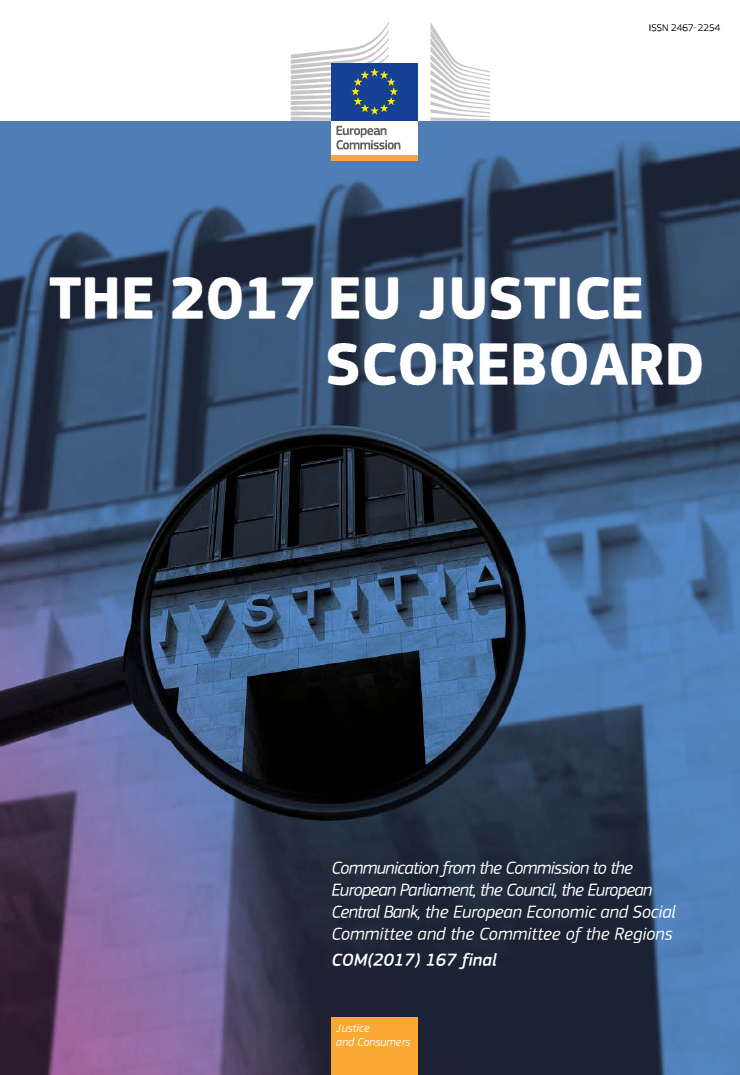2024 EU JUSTICE SCOREBOARD PUBLISHED
The European Commission published the 2024 EU Justice Scoreboard on 11 June 2024.
The 2024 Scoreboard includes several new figures on accessibility of justice, such as on the accessibility to justice professions for persons with disabilities; on the accessibility to justice for consumers when exercising representative actions protecting their collective interests; on the salaries of judicial and prosecutorial expert staff; and on the notaries and their powers in the succession procedures. The 2024 edition also includes, for the first time, specific new figures on the independence of justice, for example on the appointment of court presidents, on national frameworks regarding asset declarations, and on the dismissal of Prosecutors General.
The key findings of the 2024 Scoreboard are:
- Improved perception of judicial independence:
The perception of judicial independence has improved, including among countries which experienced systemic challenges. A Eurobarometer survey conducted among the general public shows that, since 2016, the general public's perception of judicial independence has improved or remained stable in 19 Member States. Compared to last year, the public's perception of independence has improved or remained stable in 17 Member States. In two Member States, the level of perceived independence remains particularly low.
- Continued room for improvement in the digitalisation of justice systems:
The 2024 EU Justice Scoreboard shows that Member States continue to improve the digitalisation of their justice systems. Although most Member States already use digital solutions in different contexts and to varying degrees, there is significant room for improvement.
- Varying number of arrangements for supporting the participation of persons with disabilities as professionals in the justice system:
20 Member States have measures in place to support persons with disabilities in their access to employment in the justice system. 18 Member States have measures in place to support the employment and working conditions of persons with disabilities who are already working in the justice system, including regarding their pay and protection from dismissals.


